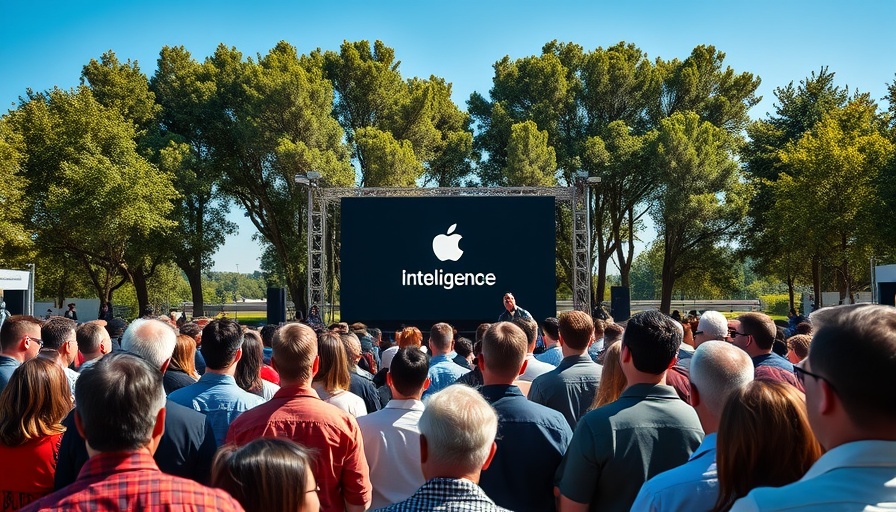
Apple Faces Class Action Lawsuit Over AI Training Practices
In a notable legal challenge for the tech giant, Apple is being sued by authors Grady Hendrix and Jennifer Roberson, who claim the company used their copyrighted works to train its artificial intelligence models without permission. The lawsuit alleges that Apple's technology utilized a set of pirated books obtained from so-called 'shadow libraries'—unlicensed online repositories containing copyrighted material, including the plaintiffs' writings.
The Impact on Intellectual Property
The case opens a crucial dialogue about the intellectual property rights of authors in the rapidly-evolving AI landscape. As the legal battle unfolds, many wonder how this will shape the future of AI training practices and the use of copyrighted material. The plaintiffs argue that by using pirated works, Apple has both diluted the market for their books and deprived them of potential earnings from this emerging tech-driven ecosystem.
A Growing Trend in AI-Related Lawsuits
This lawsuit is part of a greater trend targeting AI companies over intellectual property violations. OpenAI and Anthropic, another AI firm, have recently faced similar allegations from authors claiming unauthorized use of their work to train AI technologies. As generative AI gains momentum, the balance between innovation and the protection of creative content remains a notable concern.
Why This Matters to Tech Followers
For tech enthusiasts, this case underscores the ethical dilemmas intertwined with AI advancements. As we witness a proliferation of AI-powered tools and gadgets, such as the latest smart devices for business and innovative productivity gadgets for 2025, understanding the implications of intellectual property in AI is essential. How companies navigate these legal landscapes could ultimately dictate the future of AI technology and its development.
The outcome of this lawsuit may not only influence Apple's bottom line but could also set important legal precedents that may shape the future trajectory of AI and its interaction with creative industries. As consumers of technology, staying informed about these developments empowers us to make better decisions about the products we support and the companies we engage with.
 Add Row
Add Row  Add
Add 




Write A Comment